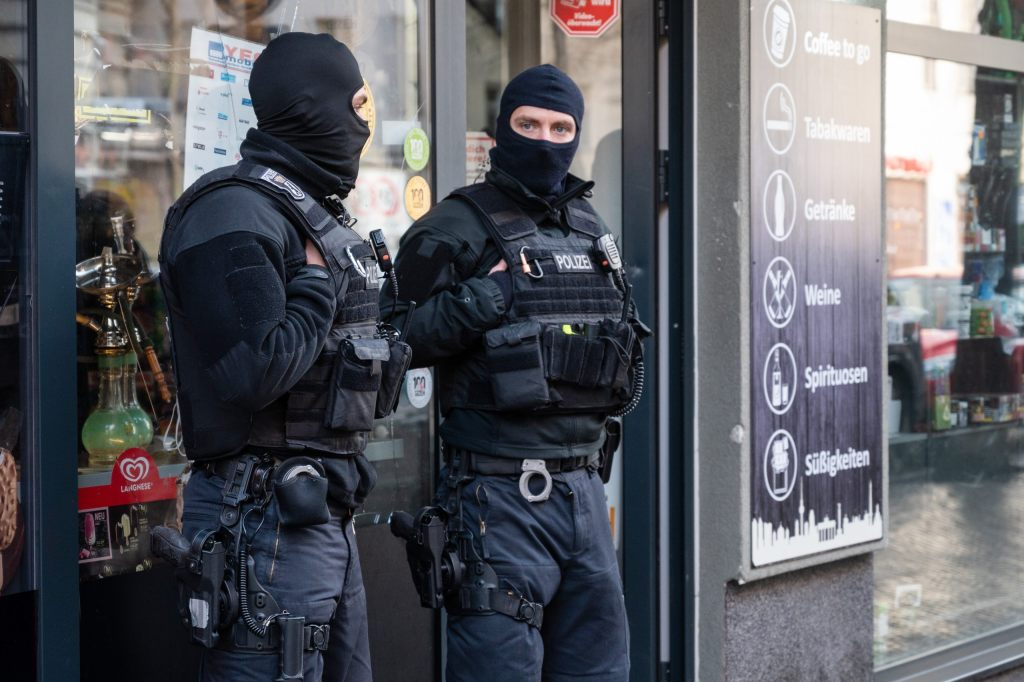The International Criminal Court (ICC) has reportedly began a probe into Russian cyberattacks on Ukrainian civilian infrastructure as possible war crimes, four officials told Reuters on Friday.
Crimes Against Humanity
One official told Reuters that the ICC probe seeks to investigate cyberattacks that targeted water and power infrastructure, jeopardizing lives of civilians in the process. These attacks allegedly cut communications from emergency responders, while attacks against mobile data services impeded civilians’ ability to receive warnings regarding missile attacks from Russian forces.
Those working on the case stated that they have worked alongside Ukrainian teams in order to document and investigate a number of cyberattacks that occurred since before the beginning of the Russian invasion of Ukraine in 2022. Officials told Reuters that the probe may uncover evidence of cyberattacks by Russian entities as far back as 2015, the same year Russia annexed Crimea.

This investigation follows a number of cyberattacks that are believed to have been conducted by Russian entities, along with a number of arrest warrants for figures within the Russian government, including President Vladimir Putin and Children’s Commissioner Maria Lvova-Belova, whose warrants were issued following the revelation that Russian forces sent Ukrainian children to Russia. Two other officials, both commanders within Russia’s military, have also been issued arrest warrants following accusations the pair committed crimes against humanity. The pair stand accused of directing missile strikes that targeted Ukraine’s power infrastructure.
“All wars have rules. Those rules bind all without exception,” ICC Prosecutor Karim Khan stated following the issuance of arrest warrants against the two commanders.
Russia has denied that the nation’s forces have committed war crimes amid the invasion of Ukraine, previously claiming that the issuance of warrants was a move to discredit Russia by western powers. Furthermore, Russia stated that the issued warrants are of little consequence as the nation, alongside the United States and China, is not a member of the ICC.

Key among those investigated by authorities is a hacker group known as “Sandworm,” which Ukrainian authorities believe to have ties to Russia, according to Reuters. One group of investigators at the Human Rights Center at the UC Berkeley School of Law reportedly identified five cyberattacks against Ukraine that could be traced back to Sandworm, sending the results of their investigations to the ICC.
Continued Cyberattacks Against the West
Russia’s extensive cyber operations have not only targeted Ukraine, but a number of western, NATO-aligned, powers as well in what some believe to be an effort to influence national politics or to target supply lines. In early May the German government, alongside the Czech Republic, the US Department of State, and NATO, accused Russia of initiating cyberattacks against Germany’s defense and aerospace firms alongside the ruling Social Democratic Party of Germany (SPD). These attacks reportedly targeted “critical infrastructure operators” and a number of entities in several other NATO-aligned nations, including Lithuania, Poland, Slovakia, and Sweden.
In another case of Russian espionage, a captain within the German military was found guilty of providing pictures of military documents and images of munitions training systems and aircraft to officials in the Russian consulate located in Bonn, North Rhine-Westphalia. The captain claimed he provided military intelligence due to his fears that Germany sending supplies to Ukraine would bring the country into the conflict, while the captain’s defense claimed he had been radicalized by Russian propaganda through social media apps such as Instagram and Tiktok.

Russia targeted German officials again in late January, when discussions relating to Germany’s role in Ukraine were leaked by Russia following a technical blunder by a member of staff. The leaked discussion, likely intercepted by chance through widespread surveillance, focused on the delivery of weapons for Ukraine and a potential strike by the Ukrainian military on a bridge in Crimea. The participant dialed into a Webex meeting (a web conferencing program used by the German government) from Singapore, where it was likely intercepted by Russian intelligence through regular intelligence gathering efforts.
Analysts have theorized that Russia’s cyber attacks against NATO members are intended to discover the routes of military equipment transports in Ukraine in order to target key supply lines, severely weakening Ukraine. Other attacks have left some to speculate Russia intends to interfere with European politics, attacking anti-Russian political parties while offering monetary support for those who wish for their nations’ to cease sending arms and munitions to Ukraine or to cooperate with Russia.

